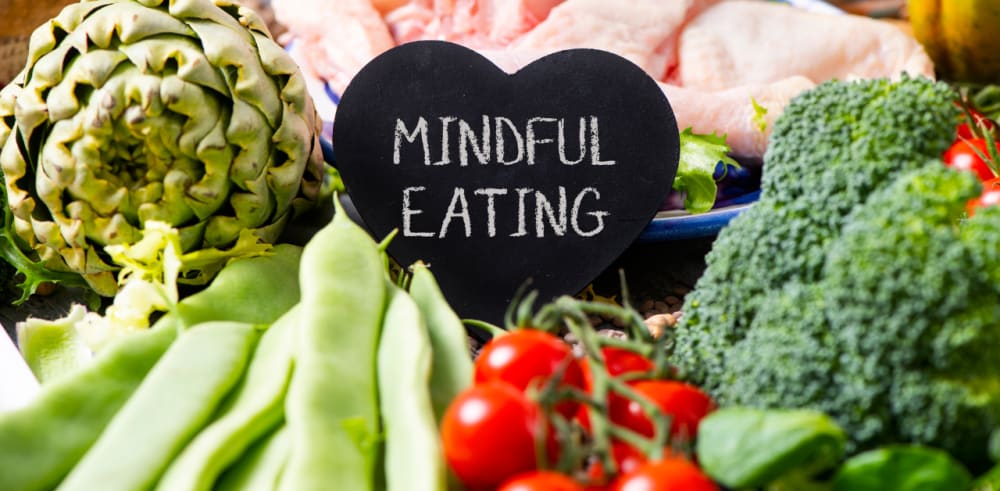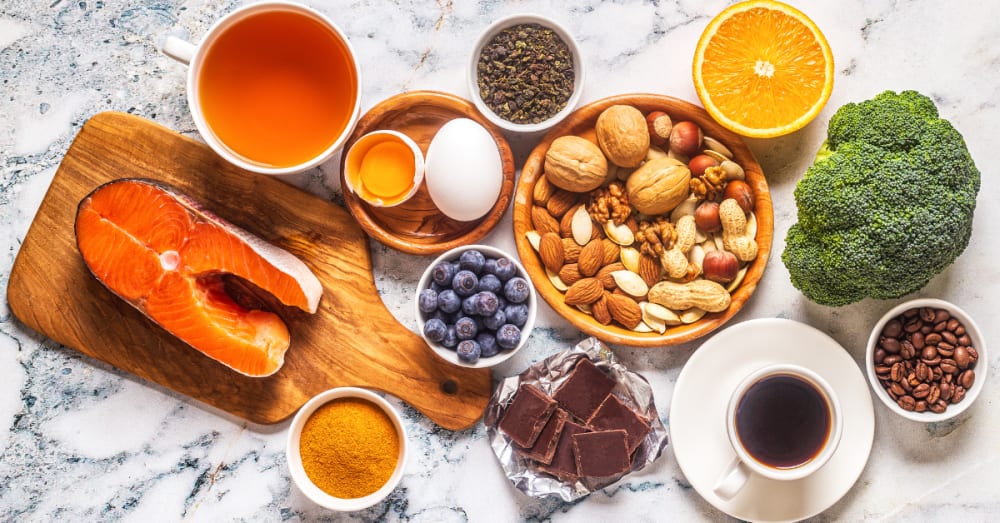We have always heard that an unhealthy gut affects physical and mental health. All most all the diseases are dependent on gut health. Studies have shown that Gut health can directly influence mood, mental health, and overall well-being. A healthy gut helps enhance digestion and boost immunity.
Sadly, with the current lifestyle that we are living, the gut's health is significantly impacted. Gas, bloating, constipation, diarrhea, heartburn, etc. are signs of an unhealthy gut. We need to work on the gut microbe to improve the gut health. The microorganisms living in the heart are called the gut microbe. Some of these microbes are good for the system, and some are not. Lifestyle changes may aid your gut microbiome and general health if you see signs of poor gut health.
As said before, lifestyle changes may help to improve your gut; one of the most important aspects of lifestyle change is improving eating patterns. 2 of the essential foods that are very effective in keeping the stomach healthy and digestive system strong are probiotics and fermented foods.
Also read: 25 Iron Rich Foods in India to Increase Haemoglobin
Probiotics Foods
Probiotics are live bacteria that are good for the digestive system and overall health. They are good bacteria as they help in keeping the gut healthy. They are generally available in the form of supplements, but food like yogurt does contain probiotics. Two types of bacteria are commonly called probiotics, Lactobacillus and Bifidobacterium. Lactobacillus is the most common probiotic that helps with diarrhea. These are found in yogurt and fermented foods. Bifidobacterium helps to reduce symptoms of IBS and is commonly found in dairy products.
Probiotics produce some acids in the system, which prohibits the growth of pathogenic bacteria, hence improving the gut environment. Also, they can quickly multiply, which also helps to eliminate the pathogens.
Usually, taking probiotics does not have any side effects, but in the initial days of starting the probiotics, some may experience gas, bloating, or diarrhea. As there are changes in the gut microbe, it might also generate more gas, further leading to feeling bloated. But these symptoms subside in a few days.
Also read: 13 Protein Rich Food Veg in India According to a Dietitian
Fermented foods
Ideally, fermentation is one of the old methods to preserve foods and increase the shelf life of the food. It also boosts the nutritional value of the food. Fermented foods are packed with probiotics. When you eat fermented foods, there is a growth in the healthy bacteria, which helps to boost gut health. Along with helping in digestion, fermented foods also help to reduce inflammation, reduce the risk of developing diabetes and cardiac issues, and also help to manage weight.
Yogurt is the most commonly available fermented food. Along with yogurt, kefir, tempeh, pickles, sourdough bread, etc., are some examples of fermented foods. Too much-fermented food can lead to bloating, gas, and other GI issues.
However, because many other factors can impact the gut microbiota, including drugs, stress, and a poor diet, promoting the gut microbiome by taking probiotics and consuming fermented foods is always advisable. A happy gut is the ultimate key to a healthier and happier you.











